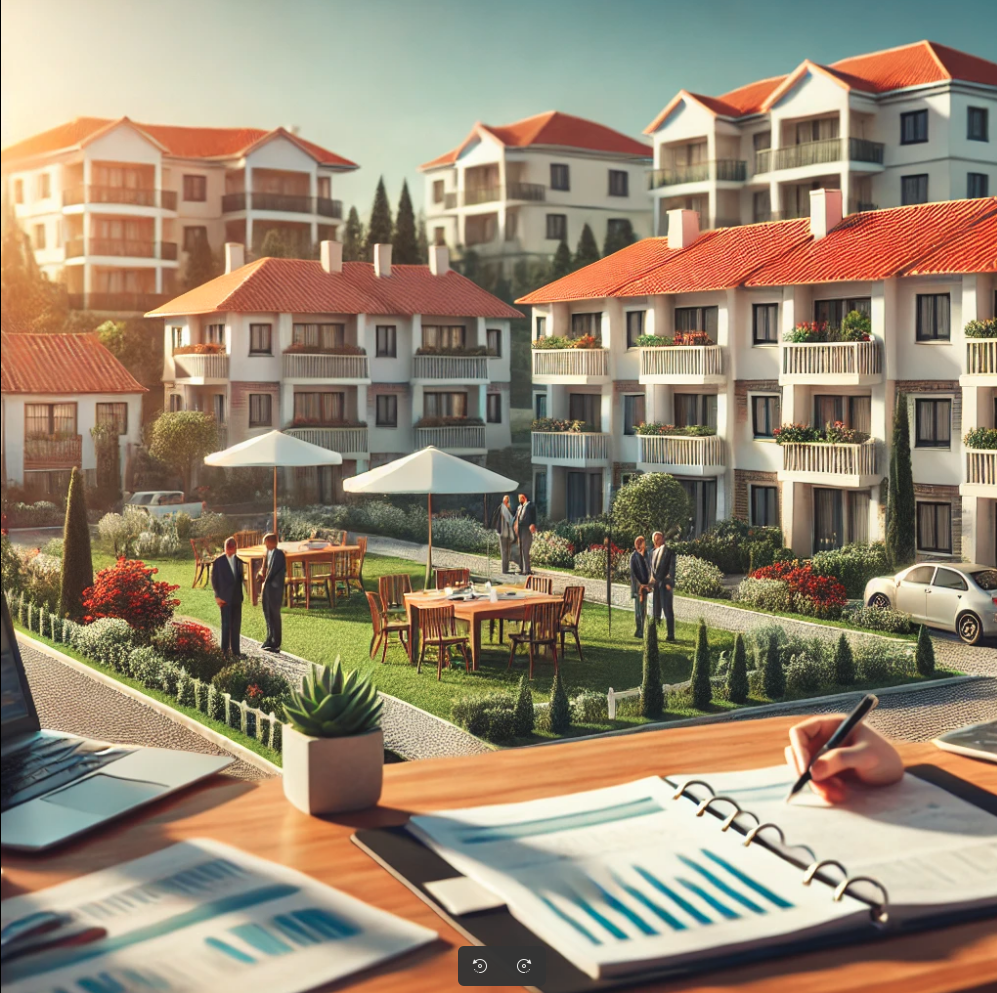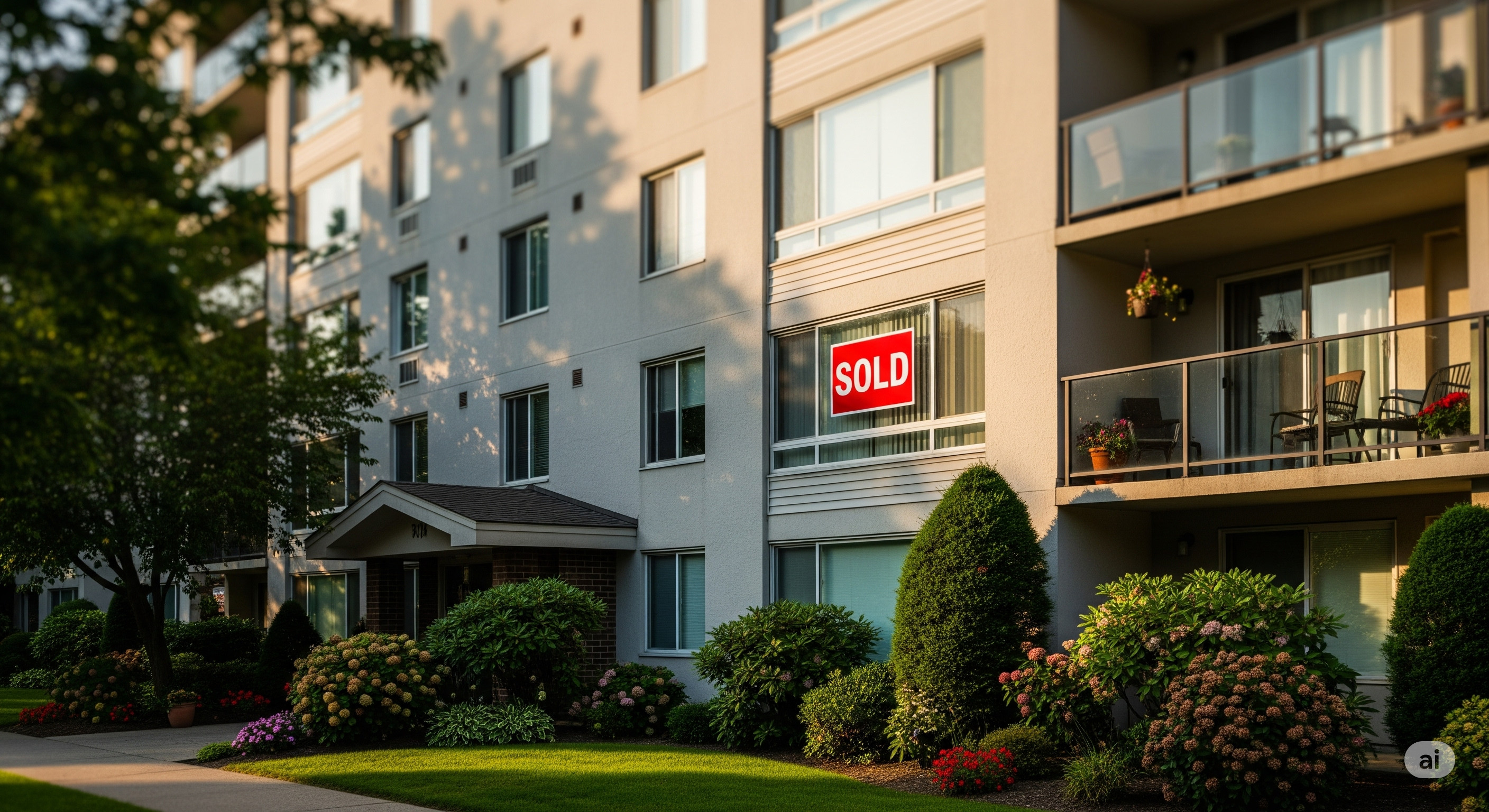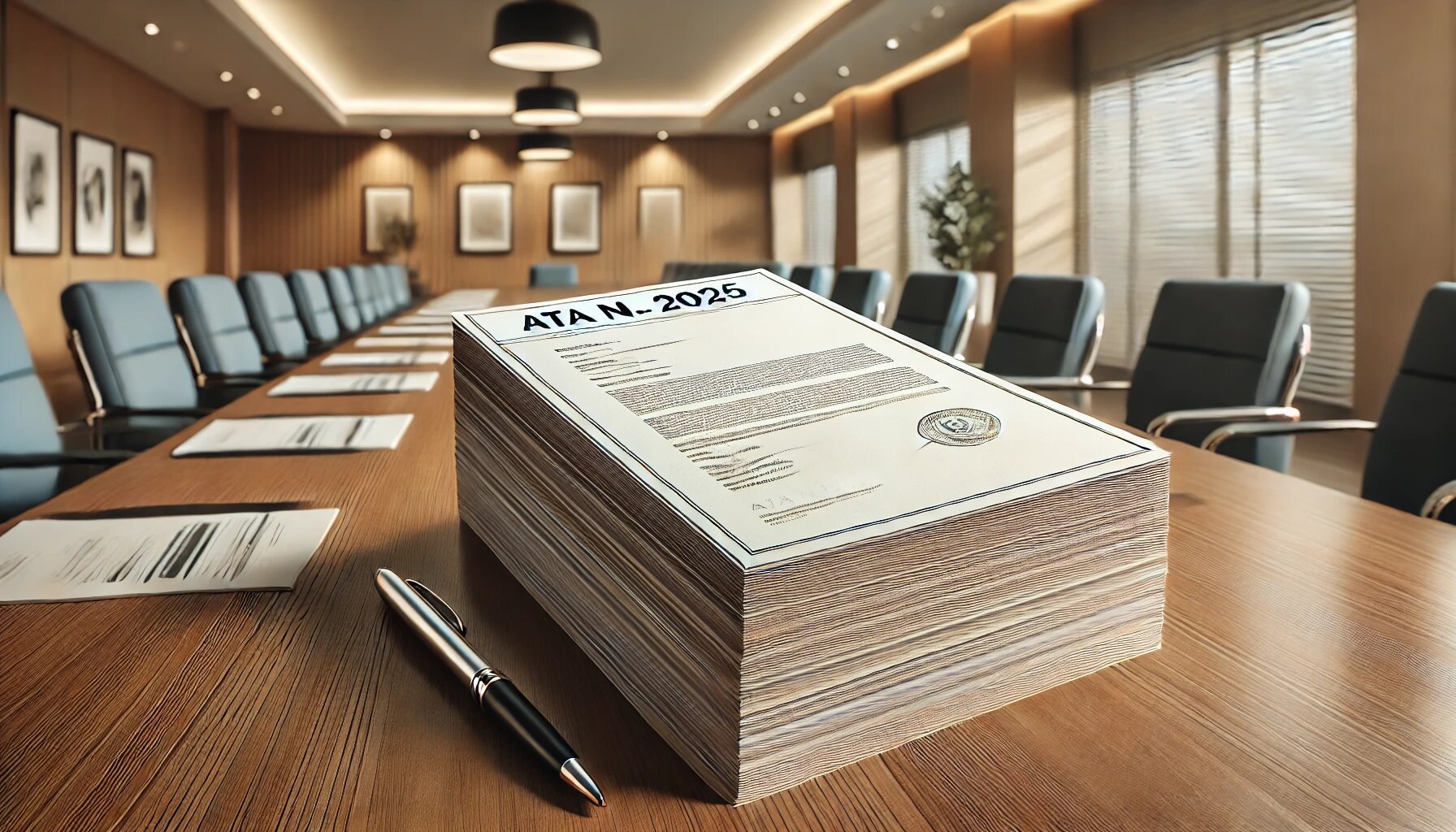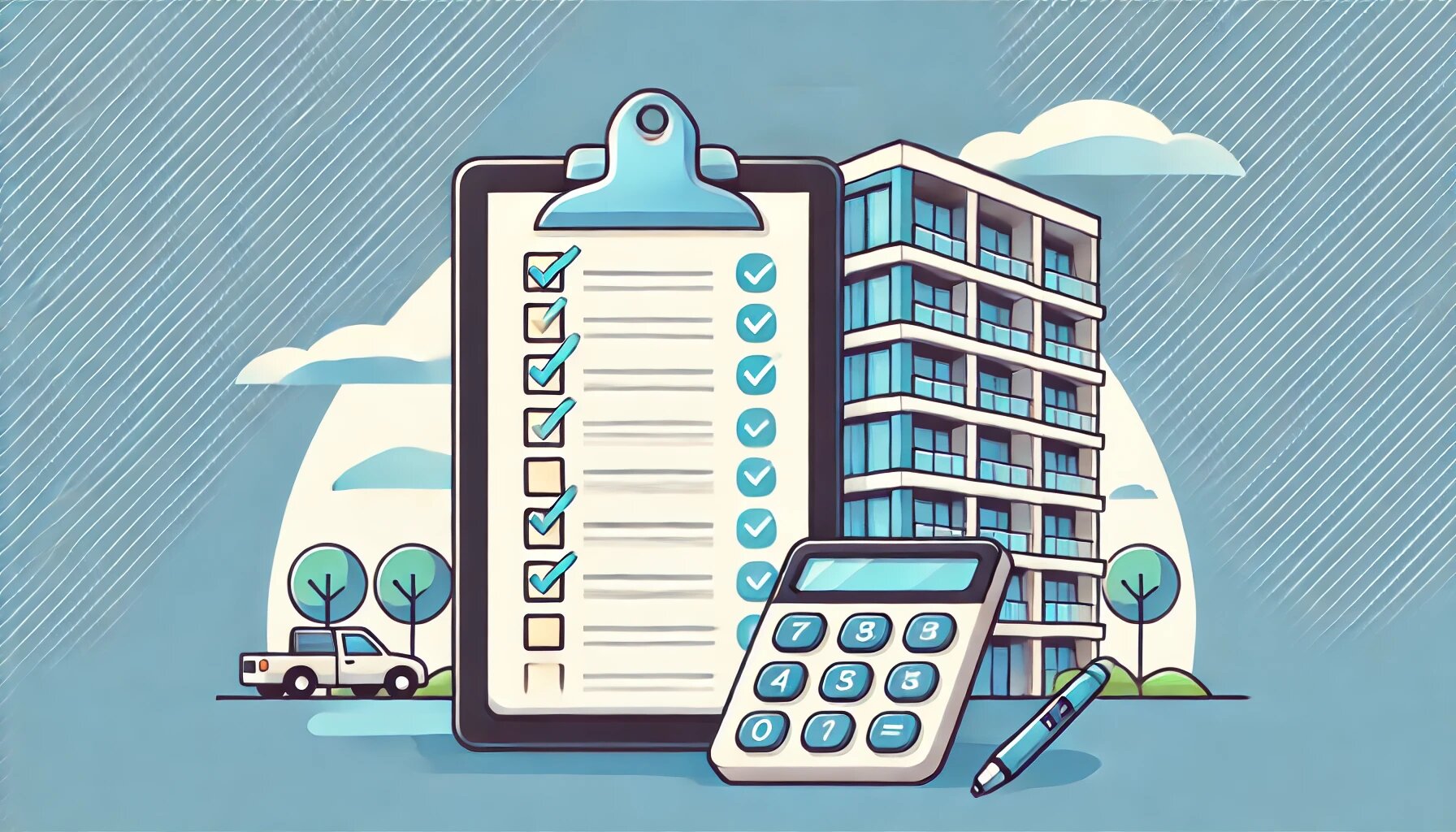Condominium administration in Portugal is a complex task that requires legal knowledge, management skills, and effective communication. This guide provides a comprehensive overview of how to efficiently manage a condominium, ensuring the well-being of all residents and proper maintenance of common areas.
Responsibilities of a Condominium Administrator
The condominium administrator plays a crucial role in the day-to-day management of the building. Their main responsibilities include:
- Financial Management: Preparing and managing the annual budget, collecting fees from residents, and ensuring timely payment of shared expenses.
- Maintenance of Common Areas: Ensuring the conservation and repair of the building's common areas, such as elevators, stairs, and gardens.
- Legal Compliance: Ensuring the condominium complies with all legal obligations, including mandatory insurance and adherence to safety regulations.
- Calling Assemblies: Organizing and calling residents' meetings, preparing agendas, and drafting meeting minutes.
- Conflict Mediation: Acting as an intermediary in resolving disputes among residents, promoting harmony within the condominium.
Best Practices for Efficient Management
To ensure effective condominium administration, consider the following practices:
- Transparency: Keep residents informed about finances and important decisions, fostering mutual trust.
- Planning: Establish a preventive maintenance plan to avoid costly and unexpected repairs.
- Communication: Provide open and accessible communication channels for residents to express concerns and suggestions.
- Continuous Training: Stay updated on changes in legislation and best practices in condominium management.
- Use of Technology: Implement condominium management software to streamline processes and enhance administrative efficiency.
Compliance with the Portuguese Civil Code
In Portugal, condominium administration is governed by the Civil Code, particularly in articles related to horizontal property. It is essential for administrators to be familiar with these legal provisions to ensure compliance with the rights and obligations of residents.
According to Article 1436 of the Civil Code, the administrator’s duties include, among others:
- Representing the condominium before administrative authorities.
- Executing decisions made in the residents' assembly.
- Collecting revenues and managing shared expenses.
- Ensuring mandatory building insurance is in place.
The Importance of Training and Qualification
The complexity of condominium management requires administrators to have adequate training. While not legally mandatory, obtaining certifications in condominium management and attending specialized workshops can significantly improve the quality of administration.
Conclusion
Effective condominium administration in Portugal requires a combination of legal knowledge, management skills, and transparent communication. By following best practices and staying informed about legal obligations, administrators can ensure the smooth functioning of the condominium and the satisfaction of all residents.



